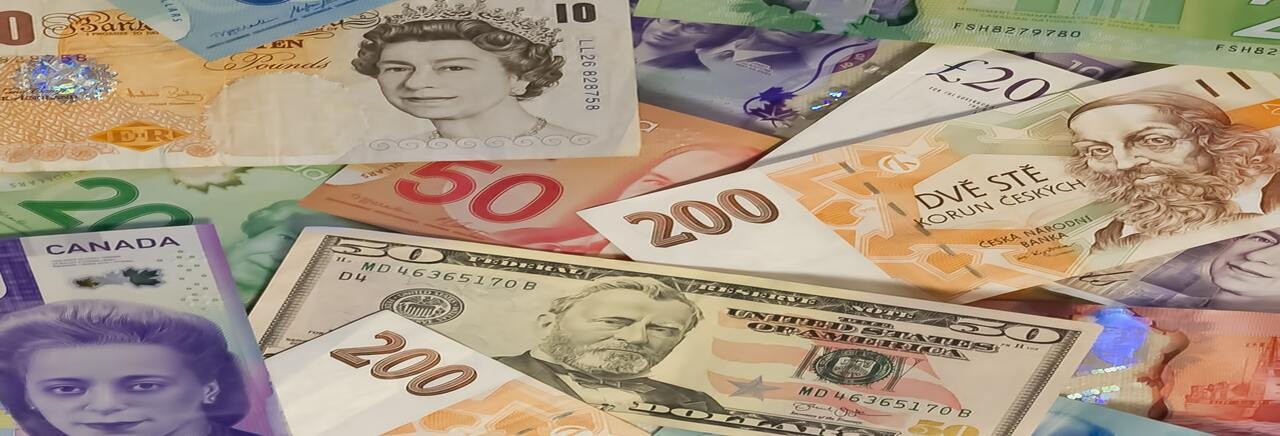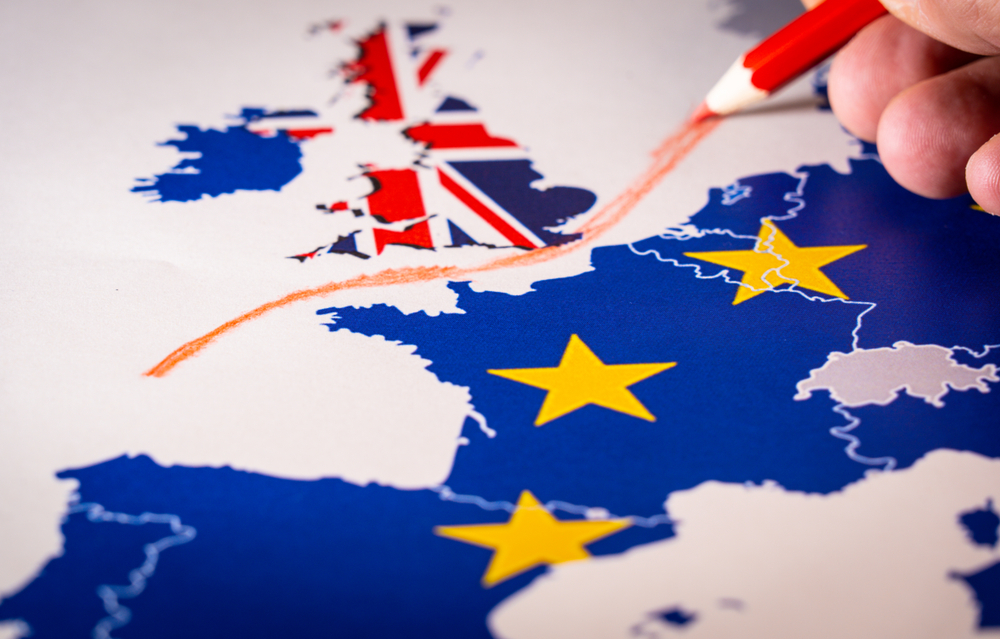In Egypt, social tensions that recently erupted were also important in the 2011 revolution and thereafter (purchasing power issues). Higher bread prices were a key trigger for the 2011 revolution. After years of capital controls, the government devalued the EGP by -50% in November 2016 and implemented a sequential unwinding of subsidies. It implied an acceleration of inflation that peaked above +30% in 2017 (+7.5% y/y in August 2019). The government also froze the minimum wage. These three policy measures helped to reduce the trade deficit through import substitution (producing at home). The unemployment rate decreased to 7.5% in Q2 2019 (from 12.6% in Q2 2016), annual GDP growth recovered to about +6%, and foreign reserves reached 10 months of import cover (three months before 2017). In April 2019, the government hiked the minimum wage by +67%, ending a five-year freeze. However, about three-fourths of the population is not subject to any minimum wage. In the next years it will be key to broaden wage increases to the whole population in order to smooth social tensions and stabilize growth.
















